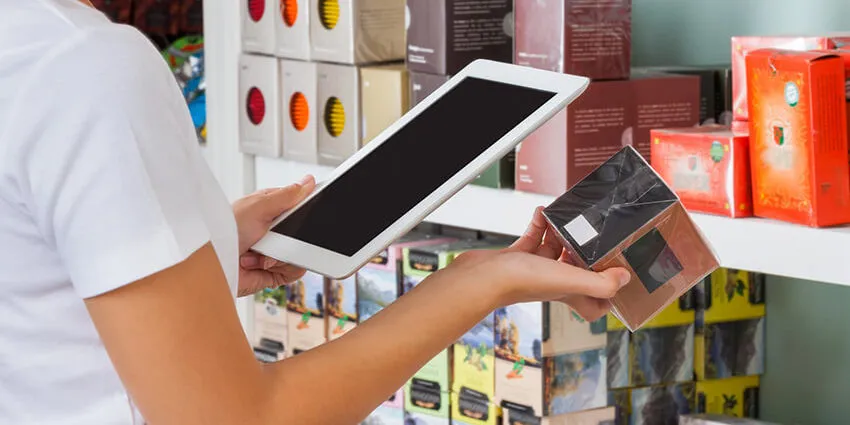It’s every retailer’s worst nightmare: Showrooming. This relatively new phenomenon, born in the era of the smartphone, is rapidly becoming the bane of brick-and-mortar stores worldwide.
What is it? Showrooming is the term used to describe the act of going to a physical retail location simply in order to try out a product, with no intention of buying it either in-person or from that store online. Instead, after experiencing the product in-person, a showrooming customer will use their smartphone in-store to comparison shop and then order from whichever online retailer is currently offering the item for the lowest price.
While online industry discussions abound about how best to handle this situation, the most effective approach is one that meets those showrooming shoppers where they are—on their smartphones. Retailers can use strategic mobile apps to sway customers to make that purchase in-store after all, even if it can be found for a lower price elsewhere.
Driving Customer Loyalty With Mobile Apps
Developing mobile apps that will promote customer loyalty requires a strategy that focuses on creating a unique and rewarding customer experience while in-store. If consumers know that, upon entering a store, they will be greeted by personalized discounts or specials via that store’s app, they are much more likely to go ahead and make the purchase from that store.
According to a survey conducted by Foresee Results, 70% of shoppers use a smartphone while in a retail store, and 62% of them accessed that store’s mobile app. The more appealing and valuable your store’s mobile app is, the more likely your customers are to use it—and to remain loyal.
Mobile Apps and Informed Store Associates
One of the major reasons driving consumers to make purchases on their smartphones is the wealth of product information available via mobile internet. From customer reviews to side-by-side comparisons with other, similar products, consumers are reassured by the information overload, and can arm themselves with as much knowledge as they like before making their purchase.
In contrast to this, sales associates at physical stores are perceived as lesser sources of information. Why ask someone who probably won’t know the answer, when the information is readily available on your smartphone?
The answer could lie in arming sales associates with mobile devices of their own, giving them access to mobile apps that put the same information and more at their fingertips, so that any question a shopper has can be quickly and expertly handled in-store.
If employees are trained to proactively approach customers on smartphones to offer assistance, they can reroute the showrooming process and achieve a sale, instead. And if the employees’ mobile apps are also strategically designed to incorporate even more loyalty incentives for a customer who has been helped in this way, they are exponentially more likely to seal the deal.
By personalizing the in-store shopping experience and offering loyalty incentives through consumer-facing mobile apps, and then creating an information-rich environment in each store through the deployment of employee-facing mobile apps, retailers can effectively combat the growing threat of showrooming.
If you’re looking to develop a mobile app, the team at 7T is ready to help. Our team takes great pride in our ability to leverage cutting-edge technologies in our custom software and mobile app development projects, such as machine learning, natural language processing, and augmented reality. Our developers are also experts in creative UI/UX design, mobile security and mobile analytics.
Based in Dallas, 7T maintains regional offices located in Chicago and Houston. To discuss your development project, reach out to the team today!










